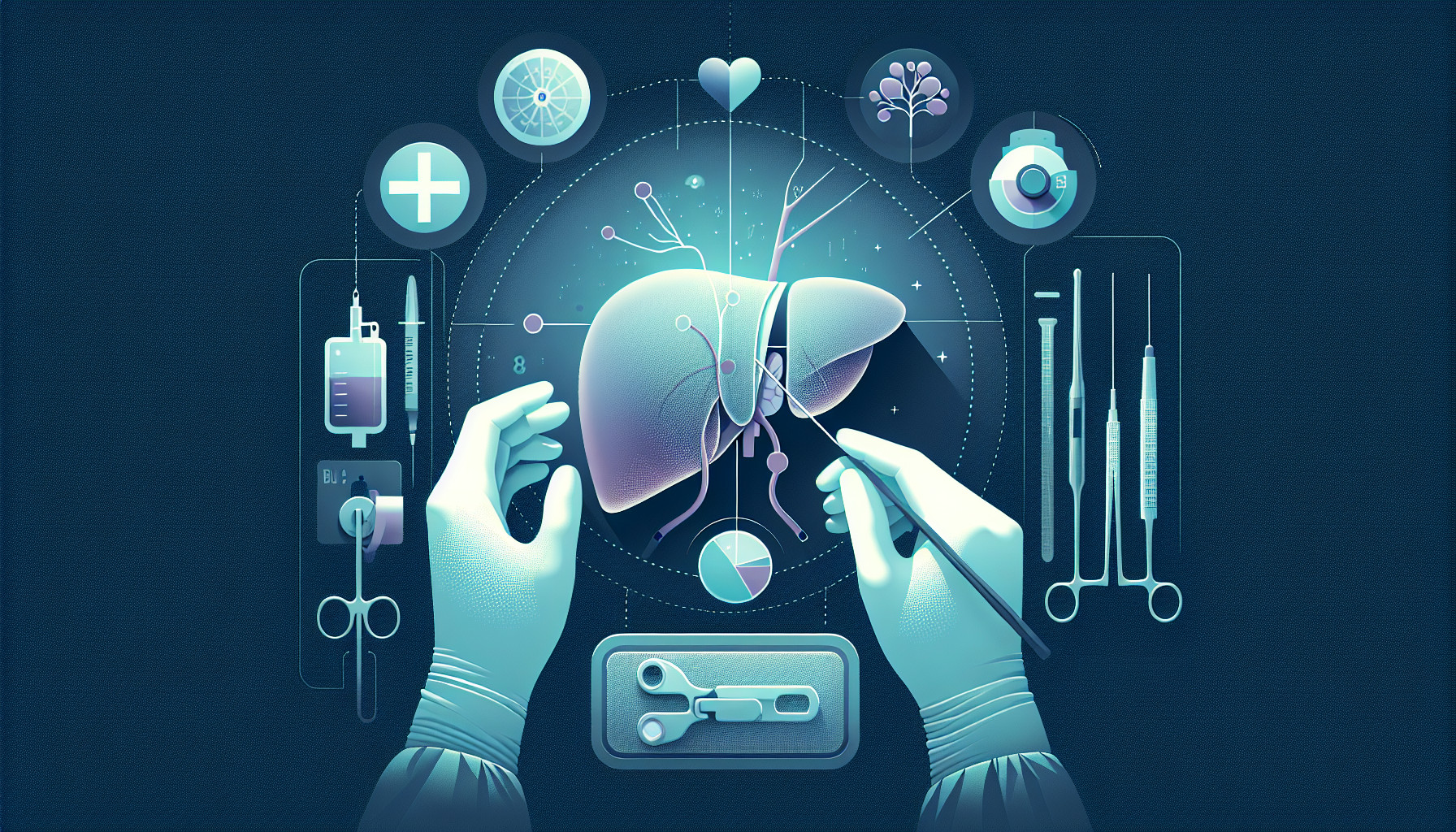Our Summary
This research paper is about the experiences of young people who received liver transplants as children or teenagers, as well as their parents, as they navigate the transition to adulthood. The researchers interviewed these people and identified seven main topics: dealing with stress, self-care, body image, social relationships, school, work, and the topic of living donors.
The study found that these young patients used a mix of effective and not-so-effective methods to deal with various challenges during this transition. Parents, on the other hand, faced their own set of problems. When they first learned about their child’s need for a transplant, they were faced with the tough decision of whether or not to become a live donor, which caused a lot of stress. After the transplant, parents wanted their children to become more independent but found it hard to push them towards that because they were worried about their health.
FAQs
- What are the main challenges faced by young people transitioning into adulthood after undergoing a liver transplant during childhood or adolescence?
- How did the parents of these young patients cope with the stress of their child’s liver transplant and their transition into adulthood?
- What is the stress associated with the decision of becoming a live donor for parents whose child requires a liver transplant?
Doctor’s Tip
One helpful tip a doctor might give to a patient about pediatric liver transplant is to ensure they have a strong support system in place. This can include family, friends, support groups, and mental health professionals. It is important for both the patient and their caregivers to have emotional support throughout the transplant process and during the transition to adulthood. Additionally, following a healthy lifestyle, taking medications as prescribed, attending regular follow-up appointments, and communicating openly with their healthcare team are all crucial for a successful outcome after a liver transplant.
Suitable For
In terms of the types of patients who are typically recommended pediatric liver transplant, the study found that children and teenagers with various liver diseases such as biliary atresia, autoimmune hepatitis, and metabolic disorders were candidates for liver transplant. These conditions often lead to liver failure or other complications that require a transplant to improve the patient’s quality of life and overall health.
Additionally, patients who do not respond well to medical treatments or therapies for their liver disease may also be recommended for a liver transplant. These patients may experience ongoing symptoms, complications, and decline in liver function despite medical management, making a transplant the best option for improving their health outcomes.
Overall, pediatric liver transplant is recommended for children and teenagers who have severe liver disease that is impacting their daily life, growth, and overall health. The decision to undergo a liver transplant is typically made in collaboration with a multidisciplinary team of healthcare providers who assess the patient’s medical history, current health status, and potential for successful transplant outcomes.
Timeline
Timeline before pediatric liver transplant:
- Child is diagnosed with liver disease and begins receiving treatment
- Child’s health deteriorates and doctors recommend a liver transplant
- Child is placed on the transplant waiting list
- Family goes through extensive testing to find a suitable donor
- Donor is found and transplant surgery is scheduled
Timeline after pediatric liver transplant:
- Child undergoes transplant surgery and begins recovery
- Child experiences complications and requires further medical intervention
- Child’s health gradually improves as the new liver functions properly
- Child and family adjust to life post-transplant, including managing medications, follow-up appointments, and potential lifestyle changes
- Child transitions into adolescence and adulthood, facing challenges such as body image issues, social relationships, and education/work
- Parents continue to support their child’s health and well-being, while also encouraging independence
- Family reflects on the experience and the impact it has had on their lives
What to Ask Your Doctor
Some questions that a patient should ask their doctor about pediatric liver transplant may include:
- What is the success rate of pediatric liver transplants in general, and what is the success rate at this hospital specifically?
- What are the potential risks and complications associated with pediatric liver transplant surgery?
- How long is the recovery process expected to be for a pediatric liver transplant patient?
- Will the child need to take anti-rejection medication for the rest of their life, and what are the potential side effects of these medications?
- How will the child’s growth and development be affected by the transplant surgery and ongoing treatment?
- What kind of support services are available for pediatric liver transplant patients and their families, both during and after the transplant?
- Are there any long-term considerations or lifestyle changes that the child will need to make post-transplant?
- How often will the child need to come in for follow-up appointments and monitoring after the transplant surgery?
- Are there any specific dietary or activity restrictions that the child will need to follow after the transplant?
- What resources are available for parents who may be considering becoming a living donor for their child’s liver transplant?
Reference
Authors: Sarigol Ordin Y, Karayurt Ö, Ünek T, Astarcıoğlu İ. Journal: Nurs Health Sci. 2017 Sep;19(3):393-399. doi: 10.1111/nhs.12358. Epub 2017 Aug 4. PMID: 28776909
